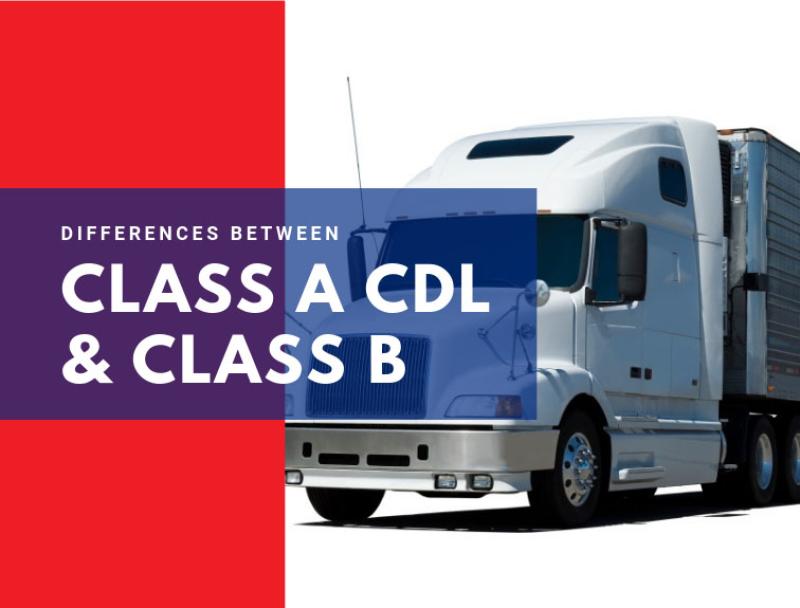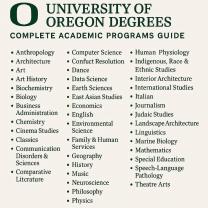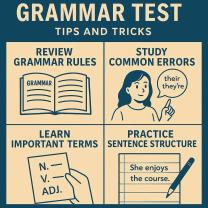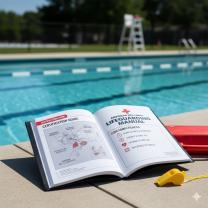What test you need to get CDL class?
To obtain a Commercial Driver's License (CDL) in the United States, you typically need to pass a series of written and skills tests. The specific tests you need to take depend on the class of CDL and any endorsements you plan to obtain. The three main classes of CDL are Class A, Class B, and Class C. Here are the essential tests required for obtaining a CDL:
General Knowledge Test:
- All CDL applicants are required to take a General Knowledge Test. This written test covers basic information about operating commercial vehicles, traffic laws, and safe driving practices. It is a prerequisite for obtaining any class of CDL.
Combination Vehicle Test (Class A Only):
- If you are applying for a Class A CDL, which allows you to operate combination vehicles (tractor-trailer combinations), you must take the Combination Vehicle Test. This test assesses your knowledge of coupling and uncoupling procedures, air brake systems, and safe operation of combination vehicles.
Air Brakes Endorsement Test (if applicable):
- If your vehicle is equipped with air brakes, you need to pass the Air Brakes Endorsement Test. This endorsement is required for vehicles with air brake systems, and it covers topics such as air brake system components, dual air brake systems, and proper braking techniques.
HazMat Endorsement Test (if applicable):
- If you plan to transport hazardous materials, you must pass the Hazardous Materials (HazMat) Endorsement Test. This test covers the safe transportation of hazardous materials, placarding, and emergency response procedures. Additionally, a security threat assessment is required for HazMat endorsement applicants.
Tanker Endorsement Test (if applicable):
- The Tanker Endorsement Test is required for drivers who will operate vehicles transporting liquids in bulk containers. This test covers topics such as inspecting tanker vehicles, safe driving practices, and emergency procedures specific to tankers.
Double/Triple Trailer Endorsement Test (if applicable):
- If you plan to operate double or triple trailers, you must pass the Double/Triple Trailer Endorsement Test. This endorsement is required for drivers operating multiple trailers and covers safe coupling and uncoupling procedures.
Passenger Endorsement Test (if applicable):
- The Passenger Endorsement Test is required for drivers who will operate vehicles designed to transport passengers. This includes buses and other vehicles designed for carrying passengers. The test covers topics related to passenger safety, loading and unloading, and emergency procedures.
School Bus Endorsement Test (if applicable):
- If you plan to operate a school bus, you must pass the School Bus Endorsement Test. This endorsement covers the safe operation of school buses, loading and unloading procedures, and student management.
In addition to the written tests, you will also need to pass a skills test, which includes a pre-trip inspection, basic vehicle control, and on-road driving. The skills test is conducted in the type of vehicle for which you are seeking a CDL.
It's important to note that specific testing requirements may vary by state, so it's advisable to check with the Department of Motor Vehicles (DMV) or licensing agency in your state for the most accurate and up-to-date information. Additionally, studying the state's CDL manual is crucial for success on the written tests.
Required Tests for Obtaining a CDL (Commercial Driver's License) Class
To acquire a CDL in the United States, you'll need to pass a series of tests administered by your state's Department of Motor Vehicles (DMV). These tests typically include:
General Knowledge Test (GK):
- Covers federal and state regulations, traffic laws, vehicle operation, and safety procedures.
- Usually multiple-choice format, testing your knowledge of the Commercial Motor Vehicle Safety Act (CMVSA).
CDL Skills Tests (practical driving assessments):
- Consist of three separate tests:
- Pre-trip Inspection Test: Evaluating your ability to inspect a commercial vehicle for safety defects.
- Basic Control Skills Test: Assessing your proficiency in maneuvering the vehicle in a closed course, including backing, turning, and parking.
- On-Road Driving Test: Examining your driving skills in real-world traffic conditions.
Additional Endorsement Tests (if applicable):
- Required for specific types of cargo or vehicles, such as:
- Passenger Transport (P)
- School Bus (S)
- Hazardous Materials (H)
- Tank Vehicles (N)
- Double/Triple Trailers (T)
Examining the Assessment Process for CDL Class Certification
Application and Eligibility:
- Start by applying for a CDL permit at your local DMV.
- Meet age requirements (typically 21 for interstate commerce, 18 for intrastate).
- Possess a valid driver's license.
- Pass a vision test, medical exam, and background check.
Knowledge Test:
- Take the General Knowledge Test, covering federal and state regulations.
- May need additional endorsement-specific knowledge tests.
Skills Tests:
- Schedule the three skills tests (pre-trip inspection, basic controls, on-road).
- Utilize a DMV-approved vehicle for testing.
- Prove your ability to operate the vehicle safely and competently.
License Issuance:
- Upon successful completion of all tests, receive your CDL with appropriate endorsements.
Tips for Preparing and Succeeding in CDL Class Tests
Prepare Thoroughly:
- Study materials: Obtain official CDL study guides and practice tests from your state DMV or reputable online resources.
- Utilize free resources: Take advantage of free online practice tests and study guides.
- Enroll in training courses: Consider enrolling in a CDL training program for comprehensive instruction and practice.
Focus on Key Areas:
- Traffic laws and regulations: Master rules of the road, traffic signs, and safe driving practices.
- Vehicle operation: Understand vehicle components, controls, and pre-trip inspection procedures.
- Safety procedures: Learn emergency maneuvers, accident prevention, and defensive driving techniques.
Practice Consistently:
- Take practice tests: Gauge your knowledge and identify areas for improvement.
- Simulate driving scenarios: Practice backing, turning, and parking in a safe environment.
- Seek feedback: Ask experienced drivers or instructors to critique your driving skills.
Manage Test Day:
- Arrive early: Allow ample time for check-in and preparation.
- Stay calm and focused: Breathe deeply, read instructions carefully, and manage test anxiety.
- Ask for clarification: If unsure about a question or instruction, seek clarification from the examiner.
Additional Tips:
- Get adequate rest: Ensure a good night's sleep before the test.
- Eat a healthy meal: Fuel your mind and body for optimal performance.
- Visualize success: Envision yourself passing the tests with confidence.
- Learn from mistakes: If unsuccessful, identify areas for improvement and try again.
Remember, patience, dedication, and thorough preparation are key to achieving CDL success. Good luck!













